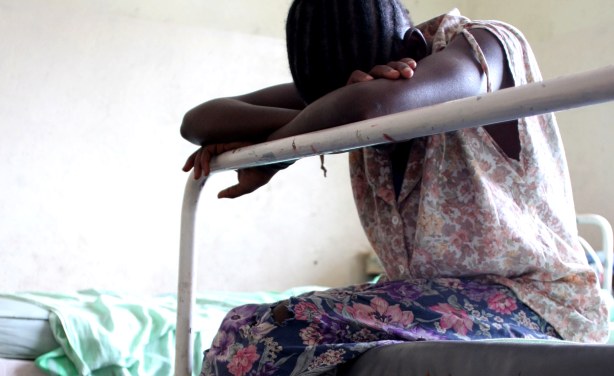When the term rape pops up in any conversation, the imagined scenario would most likely be a ‘forceful penetration” that happened outside marriage. This has fueled how the public views the issue.
While there is no specific data for the prevalence of spousal rape in Nigeria, in the United States, approximately 10-14% of married women are raped by their husbands. In India, nearly one in three married women say they have experienced a form of sexual abuse from their husbands. Imagine what the number is for Nigeria.
While spousal rape is a deeply troubling issue affecting countless individuals, there are still questions about whether marriage implies automatic consent to sexual activity.
This article delves into spousal rape, its prevalence, its legal framework, and the importance of protecting survivors.
Spousal rape refers to any non-consensual sexual activity between spouses or intimate partners. It involves forcing, coercing, or manipulating a spouse into engaging in sexual acts against their will. It is essential to recognise that consent in a marriage or relationship is not permanent, and any form of sexual activity must be consensual, irrespective of the relationship status. It is simply rape that happens within marriage.
Silence from the home
For years, many have argued the legality or otherwise of spousal rape, and while these arguments raged, victims of spousal rape quietly wiped their tears, cleaned their bloodied lips and went back to their room, hiding from the public glare, the scar they carry.
Standing on the law
For years, there have been many debates about spousal rape in Nigeria, and that debate has majorly been anchored on Sections 6 and 357 of the Criminal Code and Section 282(2) of the penal code. Both legislation holds that a husband cannot rape his wife.
Section 6 of the criminal code, for instance, defines unlawful carnal knowledge as something that can only happen outside the walls of marriage. Also, section 282(2) of the penal code provides that sexual intercourse between a husband and his wife is not rape, provided that she has attained the age of puberty.
But the Violence Against People’s Act(2015) has changed that, says Obodokassi Agbor, an Abuja-based legal practitioner.
“The VAPP law is a progressive legal framework, and it aligns spousal rape laws with the broader concept of sexual autonomy, emphasising that consent must be obtained for any sexual activity, regardless of the relationship status,” he said.
Agbor explained that the VAPP law defines the crime of rape in section 1(1) without the traditional exemption in both the penal and criminal codes.
“The state can now successfully prosecute a suspected case of spousal rape because even section 42(2) of the VAPP act states that where there is a conflict between this law and another law, this one takes precedence,” he said.
Need for support
Challenges persist despite the seeming progress in recognising spousal rape as a criminal offence. There is the problem of due and thorough prosecution by the police. Holding perpetrators accountable will be a confidence booster for more victims to share their stories.
While the legal end is tidied up, there is a need for support services for survivors of spousal rape to address the physical, psychological, and emotional trauma they endure.
Comprehensive support systems should include access to medical care, counselling, legal aid, and shelter. Survivors need a safe environment to share their experiences without judgment and receive assistance to rebuild their lives.
When discussing rape, it's commonly imagined as a "forceful penetration" outside marriage, shaping public perception. While data on spousal rape in Nigeria is unavailable, statistics from the U.S. and India indicate significant prevalence. Spousal rape involves non-consensual sexual activity between spouses. It’s essential to understand that marriage doesn't imply automatic consent.
Historically, Nigerian laws, particularly Sections 6 and 357 of the Criminal Code and Section 282(2) of the Penal Code, implied that a husband couldn't rape his wife. These laws defined unlawful carnal knowledge as only possible outside marriage and didn’t recognize spousal rape if the wife had reached puberty. However, the Violence Against People’s Act (VAPP) of 2015 revolutionized this stance. The VAPP law redefined rape to include spousal rape, emphasizing that consent is mandatory regardless of marital status. Section 42(2) of the VAPP Act prioritizes it over conflicting laws.
Even with legal advancements, challenges persist. Effective legal prosecution is necessary to hold perpetrators accountable, fostering more victims to speak up. Comprehensive support services are essential to address survivors' physical, psychological, and emotional trauma, including medical care, counseling, legal aid, and shelter, providing a secure environment for recovery and rebuilding their lives.






